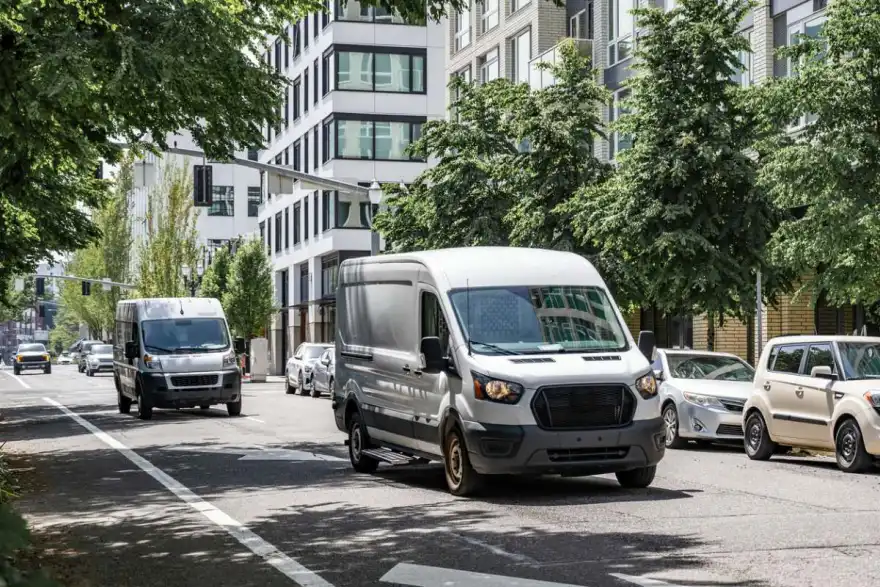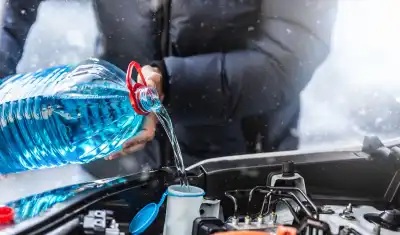
What does it cost to run a van?
Running a van is a significant factor for most businesses when selecting a commercial vehicle. Understanding the total costs involved can help you justify the expense to your business.
Initial Cost - The initial cost of van varies widely depending on the vehicle's price and your financing choice. If you purchase a van outright, you'll need substantial cash on hand. Leasing a van usually involves lower upfront costs, and the more you pay upfront, the lower your monthly payments will be.
Fuel Consumption - Fuel is one of the largest ongoing expenses for businesses, especially if you cover many miles. Choosing the right fuel type can save you money in the long run. Fuel consumption will be a major running cost, so check the manufacturer's quoted cost per mile. Consider the type of driving you'll be doing and how much weight your van will carry. A fully loaded van can be more fuel-efficient, lowering the cost per mile. Planning your routes carefully can also improve fuel economy.
Diesel vs. Petrol vs Electric - Diesel, with its higher miles-per-gallon than petrol, remains the most popular fuel choice for commercial vehicles. However, with government tax incentives for eco-friendly vehicles, more people are considering alternative fuels.
Electric vans are ideal for shorter trips, with running costs as low as 4p per mile. They are also exempt from London Congestion Charge, Toxicity Charge, and are suitable for Low Emission Zones.
Van insurance - Insurance costs vary depending on your van's value, type and cargo. Consider investing in additional security measures to protect your van and its contents, which could lower your insurance premium.
Vehicle Excise Duty (VED) Road Tax - VED (often called "road tax") is usually annually, with rates depending on the van's registration date and engine size. If you lease a vehicle, VED is included in your monthly payments.
Transmission: Automatic vs. Manual - Choosing between automatic and manual transmission is mostly a personal preference. Automatics are often more expensive but can be more fuel-efficient. The convenience of an automatic gearbox can make the extra cost worthwhile.
Servicing & Maintenance - Regular maintenance is key to ensuring your van meets the BVRLA's "fair wear & tear" guidelines, which can save you money at the end of a lease. A typical service costs around £125, excluding parts and repairs. While servicing is an additional expense, it can save you money over time by preventing more costly repairs.
Disposal - When it's time to replace your van, consider what will happen to the old one. With a contract hire agreement, you return the van to the funder at the end of the contract, avoiding the maintenance costs that come with buying a used van.




